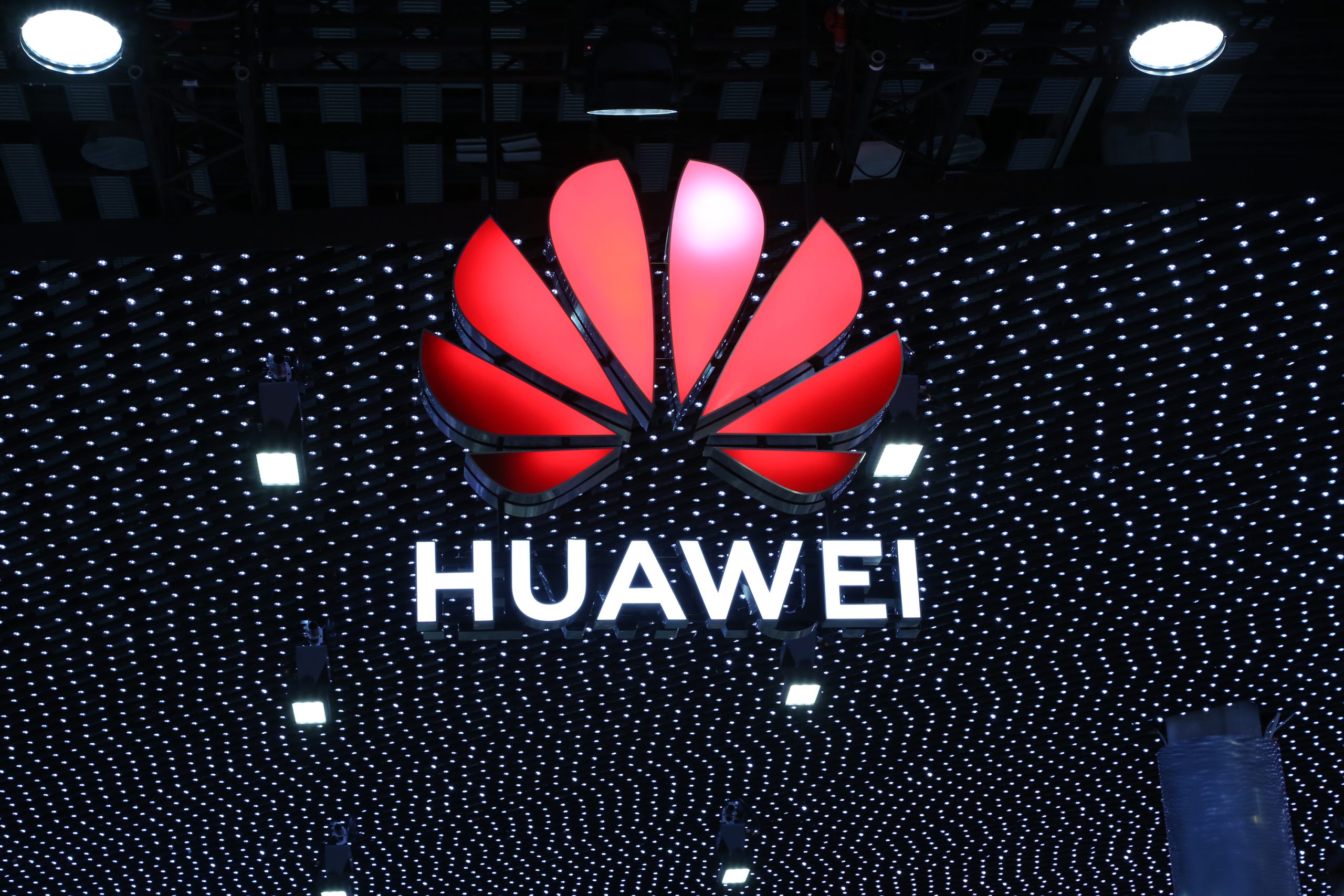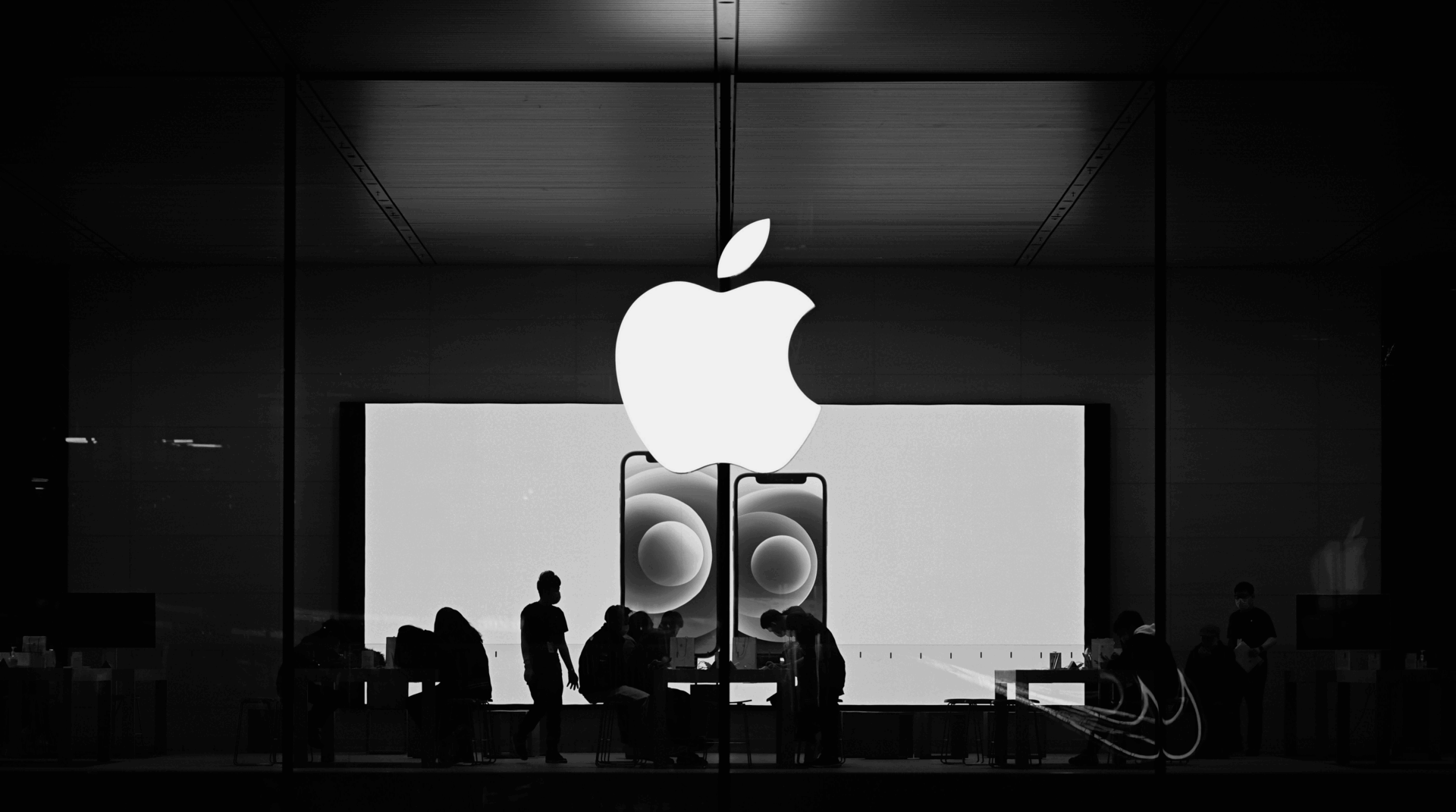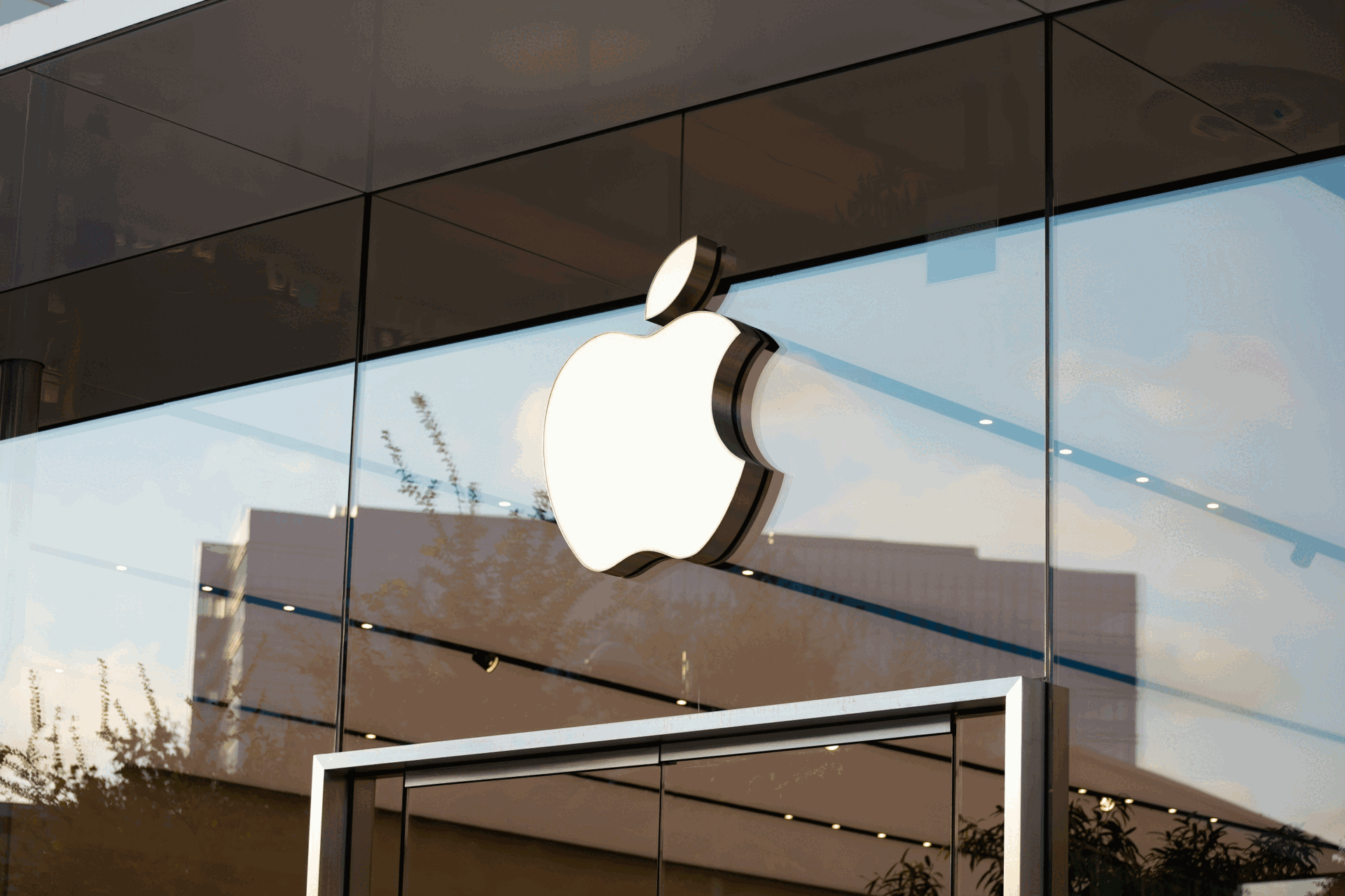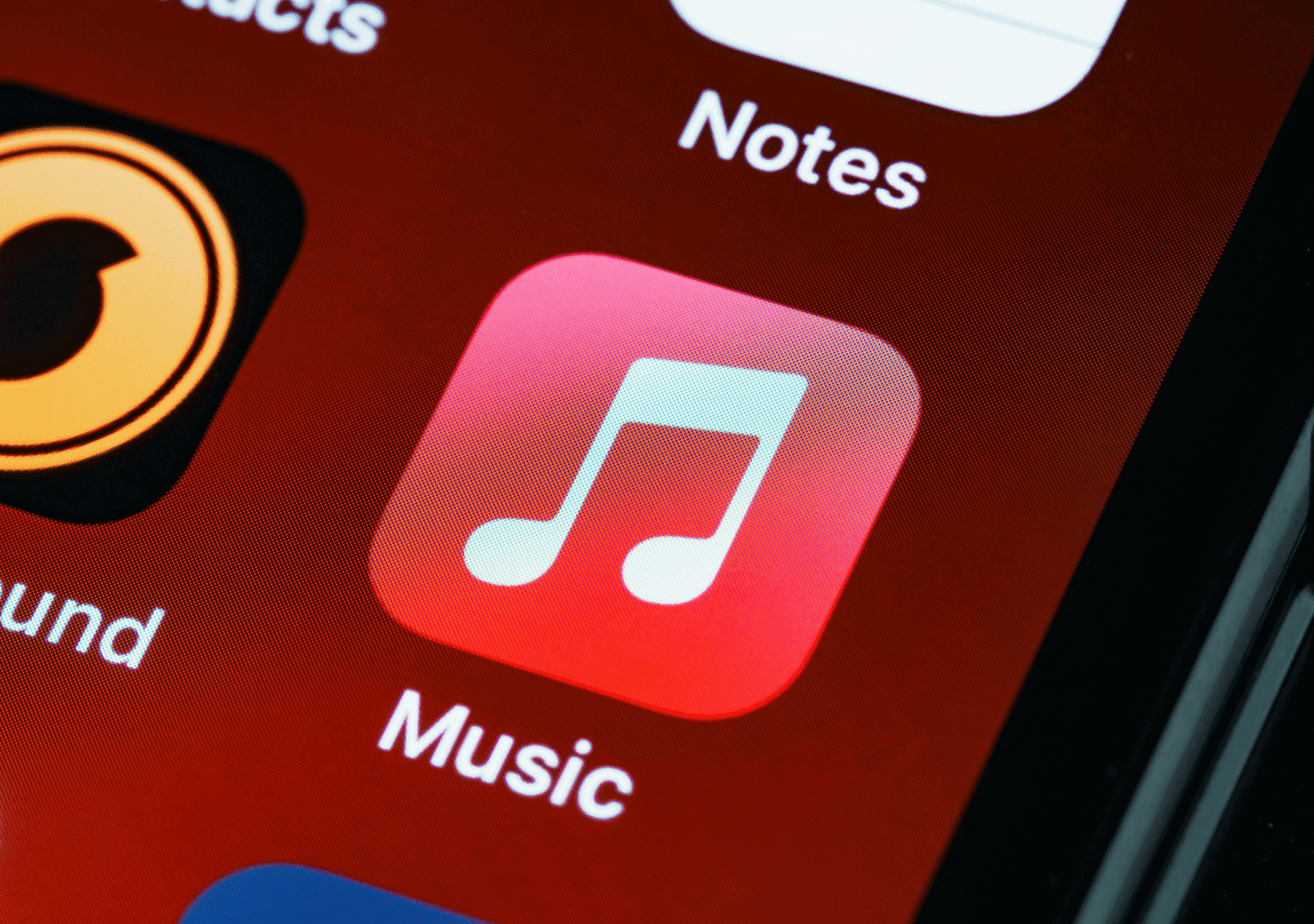Viewpoint: Has Apple Lost Its Way?
- Wednesday, May 3rd, 2017
- Share this article:

It may be a strange question to ask about a company that just reported quarterly revenues in excess of $50bn, but has Apple lost the spark that has driven its successes over the last 20 years?
While revenues and earnings per share were up in the company’s latest quarterly reports, the number of iPhones sold was down, as smaller Android manufacturers continue to dominate in the developing markets where the majority of smartphone sales growth now occurs.
Apple’s focus on maintaining a premium product has no doubt given it a brand advantage in developed markets, but while the cost of smartphones in general is falling, Apple’s products remain largely inaccessible to the next billion consumers looking to get online.
It’s not just in emerging markets either. Tim Cook cited the upcoming iPhone 8 as the primary driver of falling sales, stating that “earlier and much more frequent reports about future iPhones” were creating a “pause in purchases”, but a survey by 451 Research found a nine-year low in iPhone purchase intent as well as a declining retention rate in the US.
Apple is seeing less cooperation from big tech firms and brands too. The company may be reporting sales for the Apple Watch have doubled year-on-year, but the wearable that was meant to crack open the smartwatch market has failed to catch the public’s imagination, and Google Maps, Amazon, Target and eBay have all recently withdrawn support for the device in their apps.
Apple’s surefooted sense of the market and its distinctive design was able to kickstart the age of the MP3 player, the smartphone, the tablet and the app, but it hasn’t had an innovation with a similar impact in some time. The Apple TV is part of a crowded marketplace filled with smart, internet-connected televisions, and the Apple Watch still lacks a clear use-case that cannot be replicated on a smartphone, leaving it a luxury item for wealthy first-adopters at best.
So much of Apple’s brand is tied up with this sense of innovation and pioneering tech that when the company fails to predict the future correctly, it undermines a core element of what makes Apple unique. In order to retain its position and, more importantly, its place in consumers’ imagination, it needs big wins like the iPhone. So, what’s in the Apple pipeline?
The short answer is “nothing particularly inspiring”. There are plenty of rumours swirling the tech industry that, alongside the next iteration of the iPhone, Apple is hard at work on both an augmented reality-focused headset, and a smart speaker that integrates its Siri digital assistant. In both cases, Apple isn’t blazing a new trail but following where others have led, taking concepts like the Google Glass and Amazon Echo and placing its own spin on the technology.
This is nothing new as far as Apple is concerned. While it may have a reputation for innovation, in fact most of Apple’s skill lies in taking advances that others have made and integrating them into a single device, with a focus on design and user experience. MP3 players, smartphones and tablets all existed before Apple rolled out their products, as did smartwatches and smart TVs. Apple simply made them better, more user-friendly, more intuitive to use and better to look at. Each of its products becane the standard against which all other devices of that type were judged.
But these two new areas are different propositions than Apple’s previous successes. The Amazon Echo has already become a bestseller in the US and is rolling out internationally. Early adopters have already secured their purchases, and the general public is starting to buy them in droves. Apple will face a much harder challenge in occupying the same space in the smart speaker market as it does elsewhere.
And as far as AR headsets go, the area is still incredibly untested as far as consumer-facing products go. Google Glass only ever made it to developers, and while devices like the Microsoft HoloLens are on the way, Apple is wading into waters fair murkier than it usually does when creating a new device.
There’s also the issue of Apple’s business model. The firms walled-garden approach has always made it a tougher sell to the marketing industry, and over the last few years, its walked back its connection to advertising even more, becoming a hardware and services company with a small ad proposition. Meanwhile, Google and Facebook have secured their place as a digital duopoly in the marketing business, bringing in billions in revenue.
Those advertising revenues can be used to support their ventures into the realm of hardware, from the Pixel smartphone to Facebook’s purchase of the Oculus Rift, but also mean that less of the company’s reputation is tied up in ensuring the next product line is a sure-fire hit. They can innovate freely without risking their core offering, and anything that does become a success is a new channel for advertising.
For Apple, innovation and excellence in design have become a double-edge sword. If they are too early to the next big thing, they risk another bungled launch like the Apple Watch, undermining their reputation for a brilliant user experience and a seamless connection between hardware and software. Too late, and they may struggle to differentiate themselves against company’s taking bigger risks. And in such a diverse, fractured tech market where IoT, VR and connected cars are all drawing attention, knowing where to focus is harder than ever before.
It recently came to light that Apple has $250bn in cash sitting in its coffers thanks to its previous successes. Perhaps it’s time to dip into that sizable piggy bank and make some ambitious moves again.
















